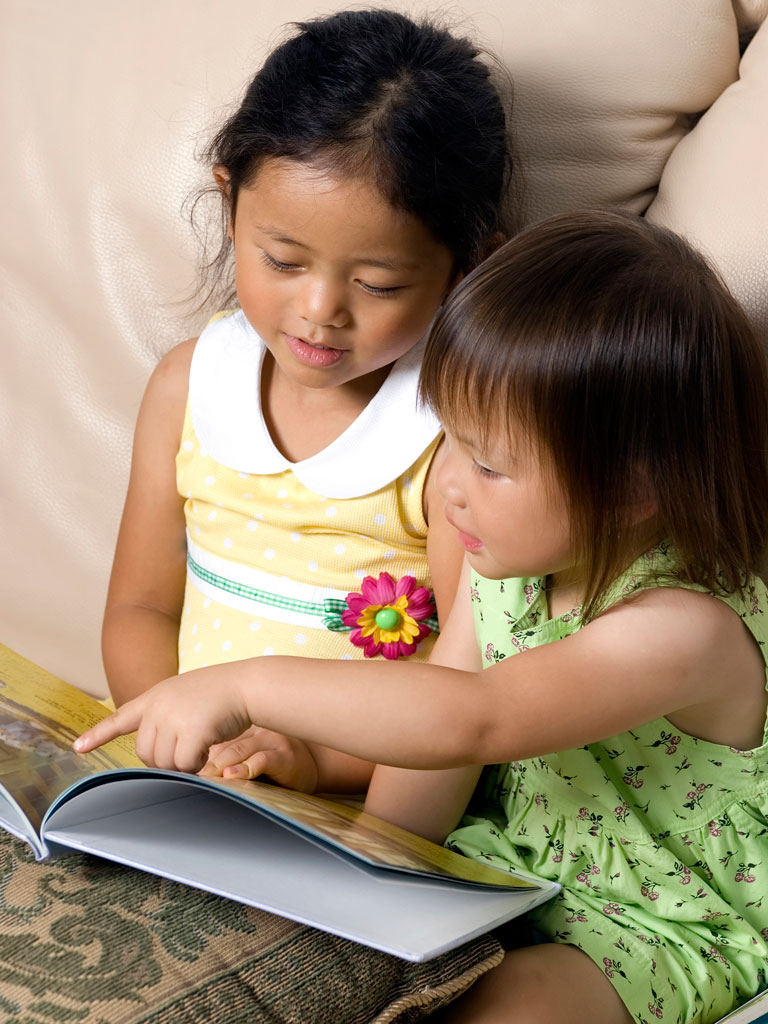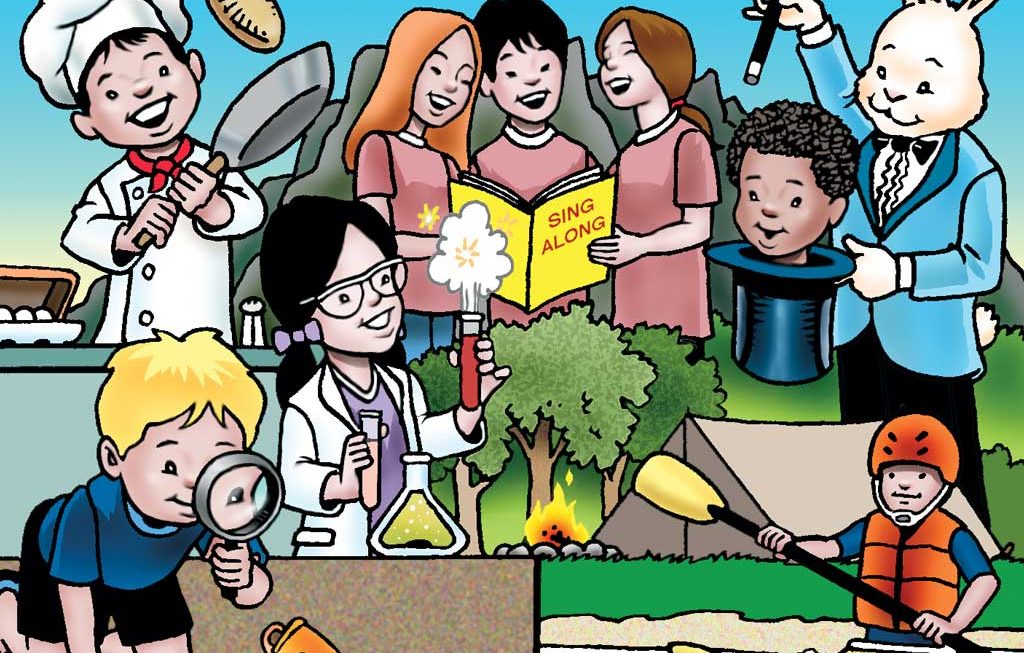by Stephanie Lopes
When Rick Nakashima was growing up, he loved reading to make discoveries and go on adventures. Now as the owner of Ruby Tuesday and Gyotaku restaurants in Hawaii and the Rainbow Drive-in In Kalihi, he continues to read – and support reading for Hawaii’s youth.
“I really enjoy reading and have enjoyed it since I was young,” says Rick. “I gravitate towards magazines.”
Rick was featured on PBS Hawaii’s ‘Get Caught Reading’ series, which can be viewed online at pbshawaii.org and showcases local leaders reading a myriad of books – most of which are childhood favorites.
“I was a secondary education major in college, and I believe in lifelong learning. Sometimes it is good to get away from social media and grab a book instead,” Rick explains. “That is why my business has been donors to PBS since 2008 and decided to support their reading series.”
Whether listening to a book being read on PBS, sitting quietly on a comfy couch with an adventure tale, browsing through the pages of a magazine or newspaper, or completing a job application, reading is extremely important. Reading not only is essential to functioning in society but it also develops brain muscles, expands vocabulary, improves spelling, ignites imaginations, builds confidence, educates us in a variety of topics, and exchanges ideas.

What is early literacy?
As parents, we desire for our children to become readers, and surprisingly before even teaching our young children to read, we can help to equip them with skills to become future successful readers – or foster early literacy. Starting with newborns, parents can promote the following five early literacy practices to help children be ready to open and read the books of possibilities in the future.
1. Talking
As parents, we know our children are listening to our words – mimicking the sounds they hear or asking questions to understand. Talking to our children is foundational in preparing them to be able to read. They will more easily be able to recognize the words on a page or screen if they have heard the words or information before.
Even if your child isn’t talking yet, you can talk to them. For example, talk about your daily routines, “It is time to prepare lunch. Let’s get the ingredients – tomatoes, lettuce, bread, mustard – and the utensils – a fork and a knife.”
As your child begins to develop speaking skills, add more words to expand their vocabulary. If your child says “bee,” reply, “Yes, that is a honey bee! It is flying around the flowers to eat the nectar and also might pollinate other plants.”
When your child begins speaking in sentences, ask them open-ended questions to broaden their thought processes: What did you do at the beach today? Why did he act that way? What will happen next in the story?

2. Singing
Another way to foster early literacy skills is through singing, as the melodic tones often break down words into smaller parts – a precursor to sounding out words when reading in the future. Singing also exposes children to new vocabulary and topics.
Sing lullabies at bedtime. Sing along with children’s playlists while riding along in the car. Grab a picture book that illustrates a popular children’s song, so you and your child can sing along while flipping the pages.

3. Playing
When playing with peers or alone (or with imaginary friends), children learn to express themselves through words and navigate different situations. They can grasp objects while learning what they are called – like ‘gloves’ when playing dress-up. Children also use their imaginations to tell stories, a precursor to eventually learning to comprehend and read stories.
Some ideas for play that promote early literacy include building castles, skyscrapers, or vehicles with blocks, playing dress-up with old clothes and accessories, or acting out stories with stuffed animals.
4. Reading
Of course, reading to your child helps to promote early literacy. Parents can begin reading to their children when they are only a few months old. Whether simply flipping through the pages and looking at the pictures with babies or following along with your finger as you read new words, exposing children every day to reading books will ignite their love of reading while also helping them to recognize the functions of a book and the words in print on the page.
Snuggle up with your young child and create a bonding experience over a book. Create a routine to read every day at a certain time. Whether you decide to stick to the words on the page or to create your own story from the pictures, opening a book to read begins to build a positive habit for independent reading in the future.
5. Writing
Toddlers can begin to pick up crayons to draw, scribble, and eventually write, which helps them to learn that spoken language is represented by marks on paper. Knowing that different lines form letters and then words and then sentences – and even that images can portray a story – are essential early literacy skills.
A fun idea is to ask your preschool aged child to draw everything in a room. Then have them explain what they drew, while also labeling the pictures with words. Another idea is to help your child write name tags for their stuffed animals. As children get older, have them draw pictures of items you need on your grocery list – and eventually they will be able to write words to remember what to purchase at the store.
When a baby is born, their brains are wired to process language. Every time we talk, sing, read, play, or write with babies, toddlers, and young children, we are helping them to build their understanding of language and setting them up with the skills to become successful future readers.





